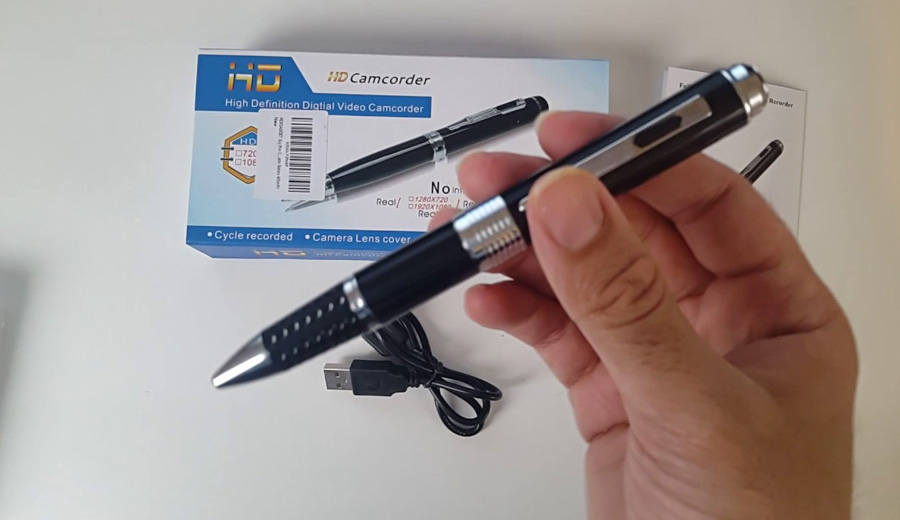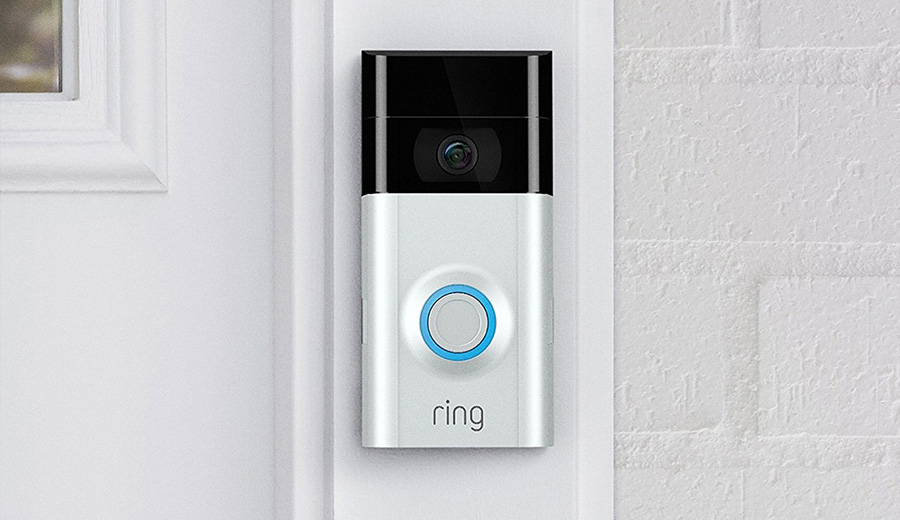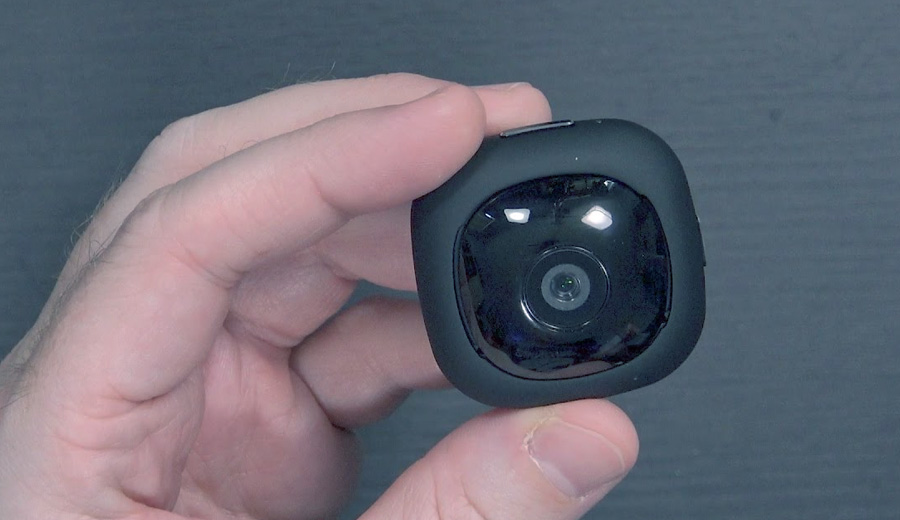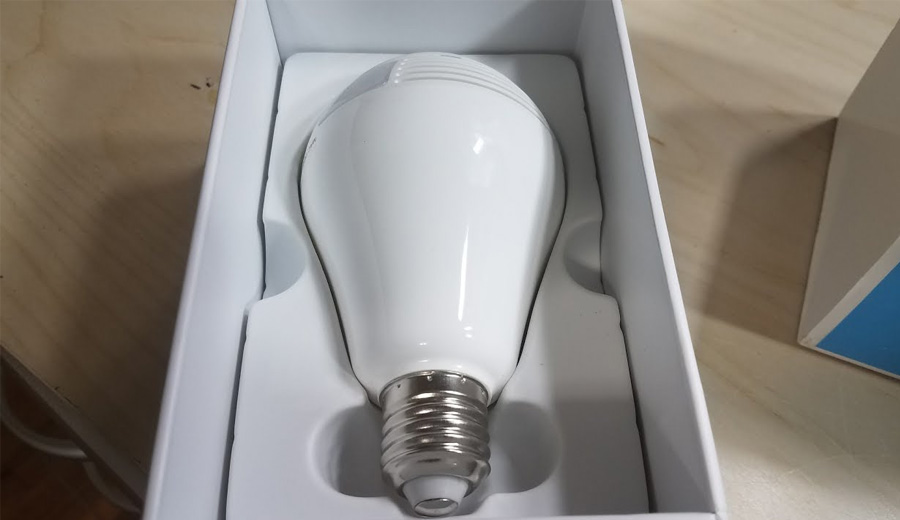One trending aspect of smart homes today is integrated surveillance systems. They help you to ensure security and peace of mind, as well as, connect to your existing robust smart home automation system.
However, there are questions many new homeowners have when it comes to spy cameras home surveillance. And that is, whether to opt for cloud-based storage solution or go for more common local storage device. Each one has its pros and cons. To help you understand which solution is better for you, we’ll take a look at some of the advantages and disadvantages of both. Without further ado, let’s dive in.
Cloud Storage for Smart Home Surveillance
Advantages
- Accessibility and Remote Monitoring: Cloud storage means that homeowners can access their surveillance footage from anywhere in the world, as long as they have an internet connection. This is especially useful, for travelers or those who want to keep an eye on their property when they’re not at home.
- Scalability: Cloud platform providers typically offer plans that can be adjusted according to the user’s needs (number of cameras and the desired duration for retaining footage). This flexibility is particularly convenient for users with evolving surveillance needs.
- Automated Backups: Cloud storage systems automatically back up surveillance footage, thus reducing the risk of data loss caused by hardware failures or technical glitches. This ensures that crucial footage remains preserved even if the physical surveillance device gets damaged or compromised.
- User Friendly Interface: Cloud storage platforms often come equipped with easy-to-navigate user interfaces and mobile applications making it convenient for homeowners to manage and review their surveillance recordings. The intuitive design of these platforms greatly enhances user experience.
Disadvantages
- Subscription Costs: One of the downsides of cloud storage is the associated costs that use has to pay monthly or yearly. Numerous reputable cloud storage providers require users to pay recurring fees for accessing their services. These expenses can accumulate over time.
- Dependence on Internet Connection: When it comes to cloud storage having a reliable internet connection is crucial for accessing surveillance footage in time. In case of an internet connection loss, users might experience disruptions that won’t allow them to monitor or retrieve footage, which could potentially compromise security.
- Privacy Concerns: Storing surveillance data in the cloud brings up privacy concerns since users have to rely on the security measures implemented by the selected cloud service provider. On top of that, you can’t be sure their employees aren’t watching your cameras with backdoor access.
Local Storage for Smart Home Surveillance
Advantages
- One-Time Cost: When it comes to storage solutions there is an upfront, one-time cost, for purchasing the necessary hardware, such as a Network Video Recorder (NVR) or a dedicated hard drive. This can be more cost effective in the longer run compared to having to pay recurring fees for cloud subscriptions.
- Reduced Privacy Concerns: With local storage all surveillance footage remains within the confines of your home, minimizing the chances of unauthorized access or data breaches. This is particularly beneficial for those who prioritize safeguarding their data privacy and security.
- No Dependence on Internet Connection: Unlike cloud storage options local storage solutions do not rely on an internet connection for functionality. As a result, you can still access your surveillance footage during instances of internet outages.
Disadvantages
- Limited Accessibility: Local storage poses some limitations when it comes to accessing surveillance footage unless additional measures like setting up VPNs are implemented. For users who prefer real time monitoring while away from home this restriction might be inconvenient.
- Limited Scalability: Expanding the capacity of storage systems may necessitate hardware purchases and generally speaking scaling up such systems is more cumbersome compared to cloud-based alternatives. Homeowners, with evolving surveillance needs might find this limitation restrictive.
- Vulnerability to Physical Damage: When we have storage devices like NVRs or hard drives at our homes, they can be vulnerable to various risks, like damage, theft or tampering. This could lead to the loss of surveillance data. In such cases, cloud would be a preferred option.
Conclusion
To sum it all up, the choice between local storage and cloud-based platforms depends solely on your personal needs. Assess your budget, your future scaling possibilities, time you prepared to spend on maintenance and convenience you want.
Cloud smart home storage offers unparalleled scalability and ease of access to data. However, extra costs do apply for such convenience. On the other hand, local storage units like SSD’s, HDD’s, SD cards, DVR’s etc. don’t have monthly subscription costs. You pay once, and enjoy the device for as long as it lasts.
Ultimately, as a homeowner you must decide for yourself. Weight the pros and cons of each solution for your super-duper smart home spy camera system. See which solution better aligns with your budget and your needs and go for it.







